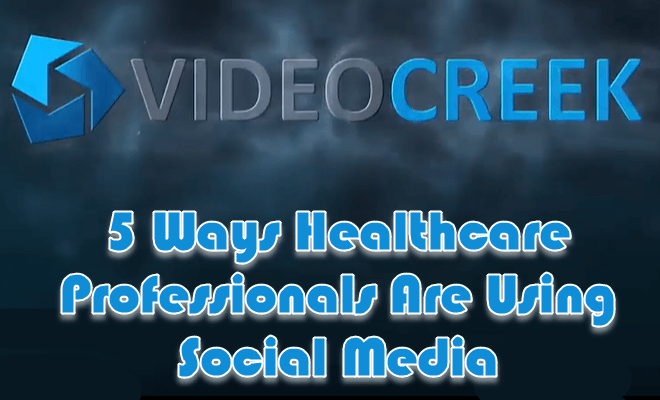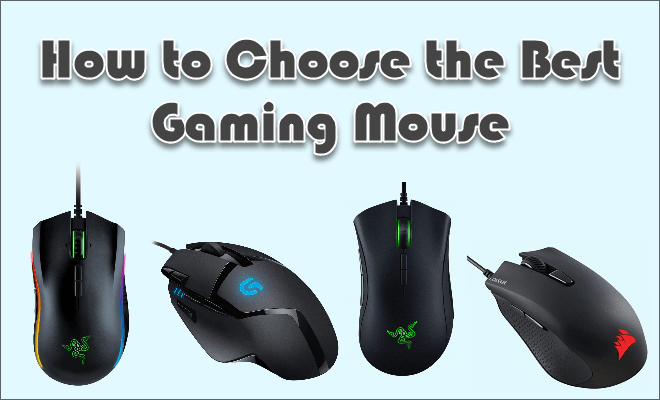Social media has emerged as a new dimension of health care. Social media platforms help health care professionals to share information, disseminate knowledge, and communicate with each other as well as their patients and common people. Healthcare Professionals (HCPs) use social media like WhatsApp, Facebook, Twitter, and YouTube to make the most of sharing and caring. HCPs are undergoing online computer courses to how to edit videos for YouTube know and share them on the platform.
It is always good to have someone to help you regarding your health issues in social media, right? Nowadays, everyone first uses Google or searches on various online platforms to decipher what their symptoms are indicating. Not all sources are credible, and these healthcare professionals play a vital role here for sharing authentic news and updates regarding healthcare.
Apart from learning and sharing, social media acts as a platform to understand the global medical scenario now more than ever. HCPs are using social media to take health care to the next level.
1. Health care at the next level:
Penn State Hershey Medical centre has a course for empowering healthcare professionals to create content in real-time on social media. Medical institutions want to use emerging technologies to make medical services available online. They are encouraging their medical officers to be online and make use of social media. These institutions are having messengers and chatbox on their website to provide valuable advice and help to the needy persons. Centres for Disease Control and Prevention (CDC) has created a virtual reality location to help in medical education, psychiatric treatment, and simulating surgery. Psychiatric treatment and patient care have seen tremendous growth in virtual-reality centres. This is indeed a notable growth in the medical industry.
2. Sharing and enhancing knowledge:
Medical fields have advanced a lot with social media. People can know more about diseases, pathology, diagnosis, and preventive measures. The entire credit goes to the medical professionals who use social media. We can watch a video about how heart surgery is performed or how to get rid of the flu with simple medicines. HCPs have created many three-dimensional animated videos about many surgery procedures available in the medical world.
They use Youtube outro templates to add music, animations, and captivating media. With a vast range of outro templates, no wonder HCPs become software professionals. There are tools to engage with the public, promote their treatments, share knowledge, interact with patients, practice more techniques, debate health care policies, and connect with colleagues, students, and caregivers. HCPs from different parts of the world can positively connect themselves and exchange knowledge. They also join the network to read news articles, medical developments, listen to experts, and consult colleagues about patient monitoring issues and advice on treatments. Studies have found that more than 65% of medical professionals use social media platforms every day for healthcare.
3. Crisis Management:
In this current COVID-19 crisis, social media has become an inevitable resource to trust for healthcare information. Social gatherings, meetings, conferences, and newspapers are not available in this crisis. Social media is the only means of communication among people. Doctors, healthcare ministers, and professionals use social media to spread awareness and make the people understand the pathology of the virus. Awareness of COVID-19 virus prevention is spread through all the social media platforms as images, pinned posts, live video presentations, advertisements, tweets, and instructions.[adsense]
People trust health care professionals for the latest instructions and information regarding the vaccine and treatment for SARS CoV- 2 viruses. Hence the government and medical healthcare officers are using social media to share the updates, restrictions, and current scenarios with the people. Many governments are using the social media platform to monitor the patients and follow them to identify the suspects of COVID-19, who were in contact. Social media has become a key place to share breaking news and information. Almost all country government health ministers share some information regarding the crisis on Twitter and Facebook.
4. Professional networking:
In the USA, people follow Allopathy, Naturopathy, Chiropractic care, Chinese medicine, and Osteopathy. Social media acts as a medium to connect these professionals. These HCPs use social media for organizing lectures, seminars, and free treatment camps throughout the country. They use it to create awareness about their sector of medical practice and gain more patients. Naturopathy and Osteopathy became more popular in recent days only because of social media. We can find your nearest naturopathy clinic on social media to book your appointment.
Chinese medicine and Chiropractic care are present only in a few parts of the country. Earlier it was very difficult to find them, but now we can find them easily and check the reviews regarding their treatment and visit them at our convenient time. HCPs use Google alerts, news aggregators, and receive monthly letters from leading magazines to become enlightened with the current trends in medical care.
5. Monitoring patient and public health:
HCPs are using social media to monitor patients. HCPs use mail, messengers to frequently connect with their patients and know the progress of their medical conditions. HCPs clarify the patients regarding the dosage of medicine and the emergency care procedures for their wellness. They also create simple automated messages using advertisement templates to create a strong psychological connection with the patients.
More than 4 billion people are using social media every day either to share information or know what’s happening in the world. It has become a common practice for people to post personal updates with some hashtags. This hashtag acts as a valuable source of information regarding the outbreak of seasonal diseases and epidemics. A hashtag like #fever, #flu, will help the medical professionals to predict the popping of a disease in a location.
Final words:
Social media marketing has attracted the medical industry. Hospitals, non-profit organizations, and health care professionals are using social media platforms for many reasons. Health care managers use social media as an effective tool to communicate with the patients, create awareness about the latest inventions in medical care, information regarding their new procedures, products, and availability of famous doctors in their premises. Thus, we can find that healthcare professionals are widely using social media as a new tool for improving the medical industry and themselves.




